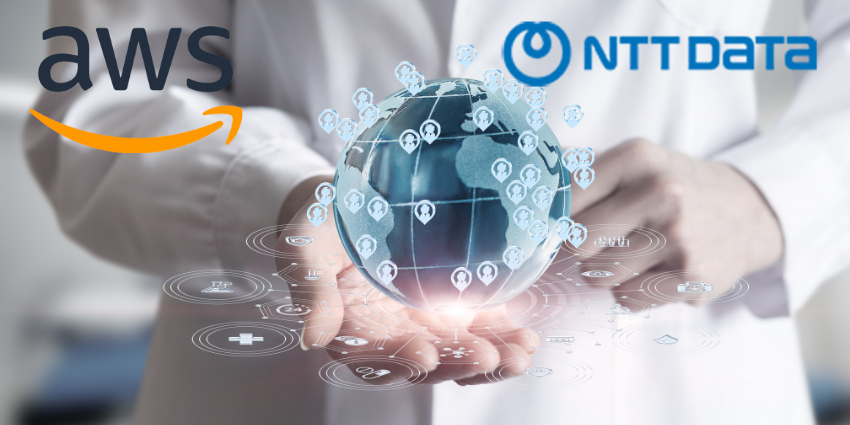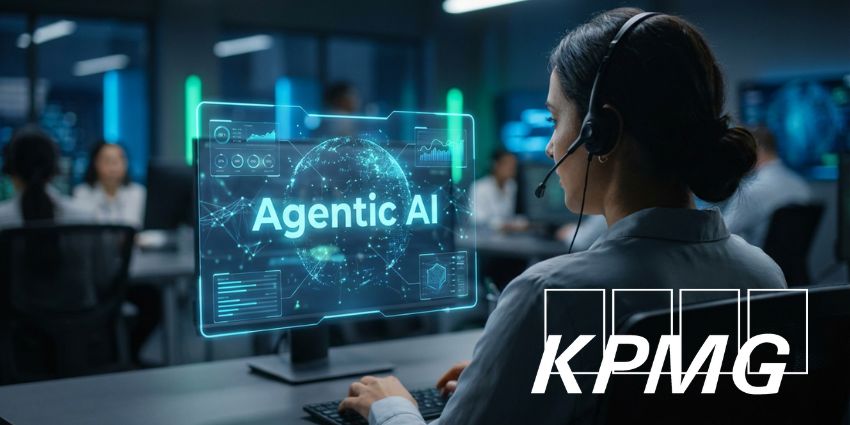Microsoft is going cuckoo for Copilot, applying the term to some of its foremost contact center products.
First, its “Customer Service workspace” and “Contact Center workspace” solutions will now go under the name “Copilot Service workspace”.
Moreover, Microsoft will rename its “Customer Service admin center” and “Contact Center admin center” as the “Copilot Service admin center”.
The announcements spotlight how Copilot can assist contact center reps and admins in the flow of their work across the rebranded Microsoft solutions.
Additionally, for Microsoft, both moves represent a step toward creating the “autonomous contact center” – as the tech giant stressed in a company blog post.
In the blog, Jessica Li, Product Manager at Microsoft, explained: “To ensure our AI experiences align with Microsoft’s AI-first vision, we will differentiate our brand accordingly.
This approach provides a consistent yet distinct user experience and introduces Copilot-related features with appropriate branding and user onboarding.
By framing the “autonomous contact center”, Microsoft also underscores the advancement of its Copilot.
No longer is it just assisting employees; it’s enabling autonomous agents that work in the background, complete processes, and autonomously support customers.
In January, CX Today reported on how its autonomous agent evolution is advancing Microsoft’s CCaaS platform: the Dynamics 365 Contact Center.
Microsoft Clears Up Its “Agent” Terminology
The interchange of the term “agent” can cause confusion for anyone catching up on the latest CX news.
Sometimes, it refers to human customer service agents. Other times, it refers to an AI agent working within the enterprise ecosystem or autonomously interacting with the customer.
Recognizing this issue, Microsoft is changing its terminology.
“To align with Microsoft’s technological direction and ensure clarity, our terminology must be helpful and consistent,” said Li.
“Moving forward, AI agents will be exclusively referred to as autonomous agents.
“Customer service representative” will be adopted for the human consultants across Copilot Service admin center and Copilot Service workspace, marketing materials, release notes, videos, documentation, and customer interactions.
Specific features that have used “agent” have also been renamed to reflect this change.
For instance, “Agent Scripts” will become “Scripts”, and “Agent Experience Profiles” are not “Experience Profiles”. Li concluded:
While “agent” remains prevalent in the industry, we want to be at the forefront of our mission toward the new age of AI agents.
Renaming Is a Step Toward a Clear Definition for Autonomous Agents
Alongside the practicalities of avoiding confusion with the word “agent”, Microsoft is consciously looking to better define what it means by “autonomous agents”.
In a recent LinkedIn post, Jack Rowbotham, Senior Produ`ct Marketing Manager for Copilot Studio at Microsoft, defined the tech giant’s agents as:
- Proactive: Automatically responds to signals and events across your business systems to start its work.
- Independant: The agent builds a plan at runtime to complete the business process behind the scenes.
- Adaptive: Handles non-deterministic scenarios and can produce responses based on varying situations.
Adobe also strived to make its definition clear this week.
At the Adobe Summit 2025, Adobe clearly defined the standards to which all Adobe AI agents will adhere, whether pre-packaged or built on the platform.
Amit Ahuja, SVP of the Adobe Experience Cloud Platform and Products, stated: “This is what we (Adobe) hold ourselves accountable to as a definition of an agent. First, it’s interactive. It interprets intent and multimodal communications.
Second, it reasons. It thinks through problems, understands context, and makes decisions. It is not a rule builder.
Ahuja finalized that thirdly, “It is autonomous, and it takes action. This could be via guidance or explicit action.”
By both Microsoft and Adobe setting clear definitions of their agentic AI, they highlight what their agentic AI is not: repackaged workflow automation.
Some vendors are doing this, causing confusion for buyers across the enterprise. As such, these are positive steps by the two tech juggernauts.
Related Microsoft News
Recently, Microsoft announced Teams Phone extensibility with Dynamics 365 Contact Center.
The move allows users to leverage Teams Phone as a single integrated solution, powering voice interactions across Microsoft’s UCaaS and CCaaS platforms.
As a result, Microsoft alleviates the need to configure and administer a separate phone system for contact center deployments.
Key details include:
- Streamlined Deployment and Management: A single telephony solution simplifies operations, reduces complexity, and improves billing processes.
- Broad Geographic Coverage: Customers can leverage the broad availability of Teams Phone numbers worldwide.
- Increased Efficiency: Enterprises can manage UCaaS and CCaaS functionalities in one cohesive platform.
According to Microsoft, these capabilities aim to make it easier for businesses to “transition from on-premise contact centers to a cloud-based solution, enabling them to modernize their infrastructure while leveraging AI-driven tools.”
What do you think of these definitions of AI Agents? Let us know on our Reddit community!







